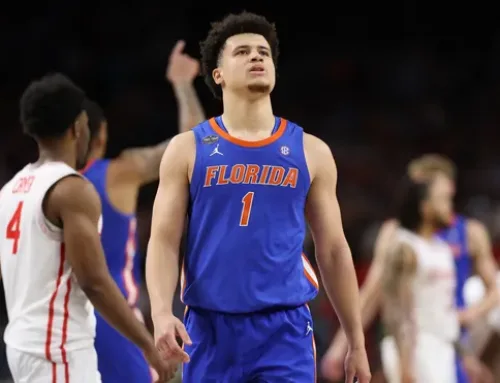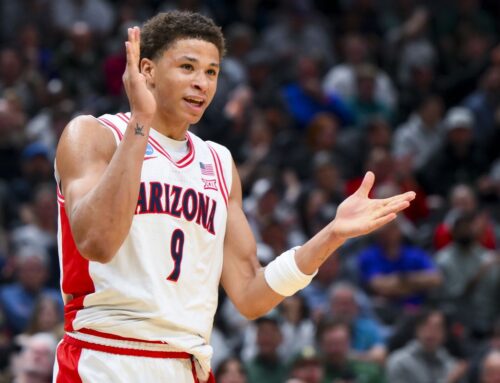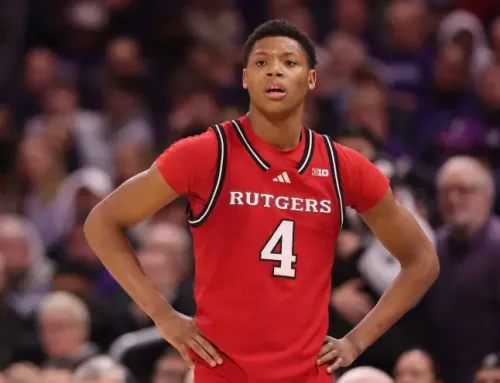By Devin Zanskas
The run to the eastern conference finals in 2021 looked like a glimpse into the future for the Hawks, but sadly it became an example that success isn’t always linear for young teams. Before missing the playoffs this season, the Hawks also lost in the first round in the prior two years, even though they had a significant acquisition in Dejounte Murray during the 2022 offseason. In exchange for Murray, the Hawks mostly just traded three first-round picks and a pick swap, except for Danilo Gallinari. Therefore, there wasn’t much present value lost in the move, especially compared to the talent they received, as Murray is a former all-star, and he made an all-defensive team. The idea of getting Murray was probably similar to the thought process behind the Jrue Holiday and the Rudy Gobert trades in that they could be the last piece of the puzzle for a deep playoff run. So far there’s a huge difference between the return from those two aforementioned trades, and the Hawks, now that they’ve had two full seasons for the star guards to build chemistry together. As opposed to Atlanta, Milwaukee and Minnesota each had two former all-stars such as Antetokounmpo, Middleton, Edwards, and Towns to help ensure that the teams’ investments would pay off.

When the Hawks went to the conference finals, they took some of the scoring burden off of Trae by committee, as eight players averaged ten or more points during the 2021 playoffs. That might not have been necessary if John Collins grew into a more reliable second option, but his production gradually declined after building up to scoring 21.6 points per game in 2020. His career so far has unequivocally been a success in a vacuum. Although, because of the hot start that Collins had in his first three years, the bar was raised even more when Trae proved that he could be in the driver’s seat for one of the league’s best offenses. The strongest skillset of Collins’ is his athleticism, which paired exceptionally as a lob finisher with Trae’s elite passing ability. Otherwise, Collins is more of a jack of all trades, but a master of none, with his shooting, defense, and isolation scoring leaving more to be desired. In addition, when Murray, whose best position is arguably point guard, joined the Hawks, his and Trae’s redundancy left flaws that couldn’t be solved by Collins and the Hawks’ other role players. Eventually, the Hawks sent Collins to the Jazz for Rudy Gay, who’s 11 years older than Collins, and just one future second-round pick to sweeten the pot. That return for Collins may be seen as lackluster from the outside. However, that created more minutes for Hawks forward, Jalen Johnson, who plays similarly compared to Collins, but he’s a bit quicker, which adds some much-needed versatility to the Hawks’ defense. Another player who hasn’t developed much beyond the level of an average starter is De’Andre Hunter. Hunter’s delivered as the 3-and-D forward that he was projected as, but Hunter’s offense isn’t enough of a threat to make Atlanta a serious playoff team. While the Hawks deserve credit for their depth, they still need someone to grow into a player that’s in the same tier as a fringe all-star or better.

As mentioned above, the Hawks have the number one pick in the upcoming draft, and it’s still considered a toss-up in terms of who’s going to hear their named called first, contrary to 2023. Two of the most common names discussed at the top of the draft are Zaccharie Risacher and Alex Sarr, both of whom look like they’ll have an impact on the defensive end of the court. Furthermore, it’s hard to imagine the Hawks regretting drafting either of those two, but Sarr has the potential to catapult the Hawks’ defense back to respectability. According to The Ringer’s Kevin O’Conner, Risacher has shot 38.7% from the beyond the arc over the past three seasons, while making threes on the move and in catch-and-shoot scenarios. That allows him to fit in on any offense, but he might not be able to raise the floor of a team’s defense, similar to how Hunter, Johnson, and others haven’t transformed the Hawks on that end of the court. On the flip side, one of the most likely options for the first overall pick after Risacher and Sarr is Donovan Clingan, who coming off of anchoring the defense on two straight NCAA championship teams.
Clingan has as strong of a case as anybody could for entering the association as an elite rim protector, with his 7’1.8” frame, long wingspan, and coordination, which allowed him to block 2.5 shots per game. If Clingan’s interior presence doesn’t translate to the degree that some analysts suspect, then he may not evolve beyond an average talent due to having a more one-dimensional game. What separates Sarr from other candidates for the number one pick is that he projects to help the Hawks’ greatest weakness in a material way, and he can fit among different lineups with his athleticism. Regardless of who Atlanta selects with the first overall pick, they should carve out some time for them so that they’re set up for success, but that also requires them to trade one of their veteran players. Since he was drafted in 2020, Onyeka Okongwu was poised to be the Hawks’ center of the future. Although, he’s only started in 15% of the games that he’s played in his career, per Basketball Reference. Despite playing behind Clint Capela, Okongwu only averaged 0.3 less minutes played than Capela in 2024, and Okongwu earned a four-year, $62 million deal just before the start of this past season. With the commitment to Okongwu, and Sarr being perhaps the best option for the number one pick, the Hawks should maybe explore the trade market for Capela, whose deal is expiring next summer. Some teams that could be interested in Capela are the Grizzles, Pelicans, Knicks, Thunder, and Wizards, who all either have a lack of big man depth, or centers that are free agents. Hopefully the Hawks get more for Capela than they did for Collins, but the best way to help themselves it to give Sarr plenty of opportunities to grow into the all-defensive player that he can become. If Sarr fulfills his potential as a swiss army knife on defense, and the Hawks are still ranked 27th in defensive rating, according to nba.com, then trading Trae might be a more attractive avenue for them. That isn’t an option that should be taken lightly though, as a player that averages over 25 points and ten assists won’t fall into their lap in every draft.





